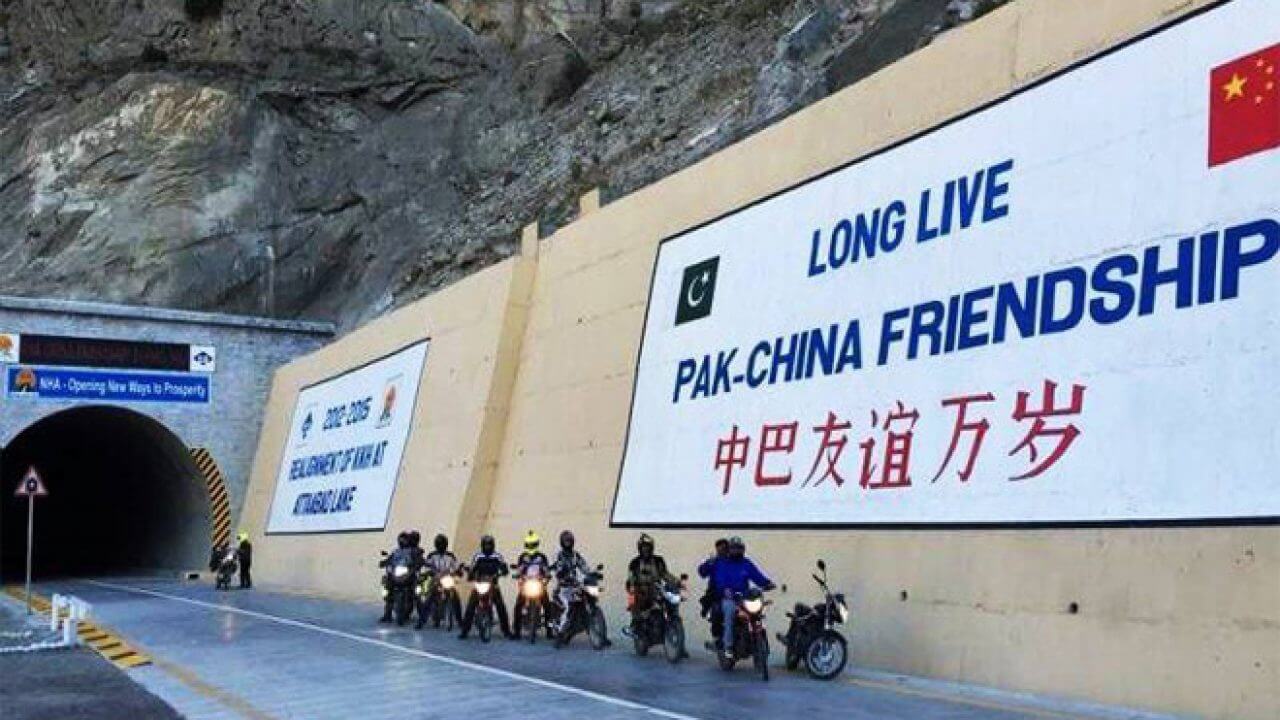China, Pakistan, and Iran conducted their first trilateral meeting on counter-terrorism in Beijing on Wednesday, the Chinese foreign ministry said in a statement.
Trilateral Meeting
The statement read that they had an “in-depth” exchange on the regional counter-terrorism situation and agreed to hold the trilateral meeting regularly.
Meanwhile, Pakistan said the participating delegations held detailed discussions on the "threat of terrorism faced by the region.”
While further details of the meeting are unavailable, analysts believe that Pakistan’s southwestern province of Baluchistan was a likely agenda item.
The first meeting of the Pakistan-China-Iran Trilateral Consultation on counter-terrorism and security was held on Wednesday in Beijing. Bai Tian, director-general of the Department of External Security Affairs of the Chinese Foreign Ministry, Abdul Hameed, director-general of… pic.twitter.com/Azey5HlYmt
— Global Times (@globaltimesnews) June 7, 2023
Iran-Pakistan Border
Iran and Pakistan have regularly exchanged blame and urged each other to prevent criminal activities along their over 900-kilometre-long border, which has regularly witnessed cross-border crimes, including drug trafficking, religious militancy, and separatism.
Islamabad also blames Tehran for providing safe haven to Baluch militants who regularly attack CPEC infrastructure. Tehran has insisted that it does not safeguard Baluch militants.
Iran has also accused Pakistan of doing nothing to stop extremist attacks near the Iranian border. For instance, tensions surged in 2018 when 14 Iranian security officials were kidnapped by Jaish Al-Adl terrorists. Similarly, violent protests and attacks on government offices in Panjgur in February 2021 resulted in the closure of the border.
To this end, Tehran and Islamabad also agreed to form a quick reaction force in 2019 to target militancy. There is very limited information about the force or its activities.
Last year, they also agreed to set up a joint working group to address border issues.
Significance of Baluchistan
Baluchistan, one of the largest yet most impoverished, regions in Pakistan has been ravaged by ethnic and separatist unrest for years now. The region has become a breeding ground for separatist groups and the Taliban, specifically in the area bordering Afghanistan.
However, Baluchistan has been the central focus of the $60 billion China Pakistan Economic Corridor (CPEC) project, which has been strongly opposed by the locals. In fact, the residents of the region have consistently complained about being deprived of the profits reaped from the mineral and coal-rich region.
Only last week, Pakistan’s first-ever seafood cargo container arrived at Kashgar City in Northwest China’s Xinjiang Autonomous Region through the Karakoram Highway, a cross-border land route.
This was the first-ever transportation of seafood containers from Pakistan to Kashgar City via the CPEC. Notably, this cargo’s journey was completed in just eight days, while the sea transport from Karachi Port to Shanghai’s Yangshan Port took about a month.
Analysts Opinion
“The establishment of a trilateral security mechanism between China, Pakistan and Iran reflects their shared concerns regarding security in Baluchistan,” Baqir Sajjad, a Pakistan fellow at the Wilson Center in Washington told the Voice of America (VOA).
He added that stability in the province is crucial to successfully implementing CPEC projects there.
“Collaboration among these countries can potentially contribute to improved regional security and counter the activities of insurgents who find refuge in Iran,” he said.

